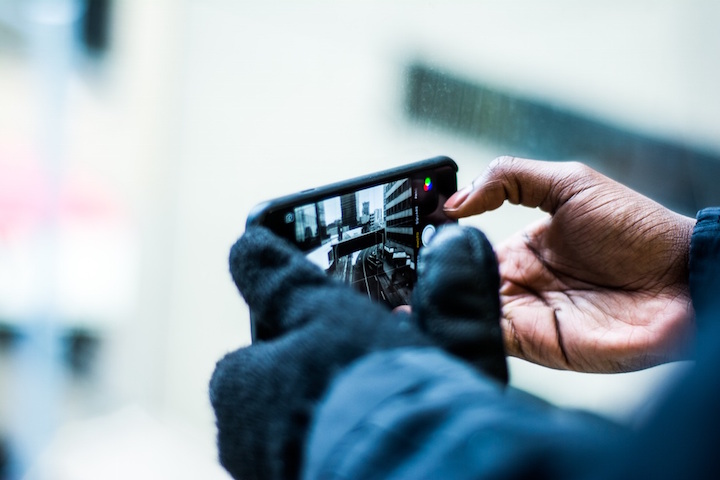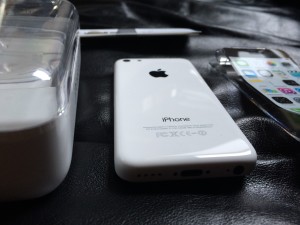Apple Inc. is caught in a tricky position. The Federal Bureau of Investigation (‘FBI’) – the United States’ intelligence and security service – wants Apple’s help with an anti-terrorism operation. But what they want Apple to do could compromise the privacy and security of millions of smartphone users.
In December 2015, a married couple, Syed Rizwan Farook and Tashfeen Malik, carried out a mass shooting in San Bernardino, California. It was an act of terrorism which left 14 people dead and 22 seriously injured. Farook and Malik were killed by the police after they fled.
Later on, the FBI found Syed Farook’s work phone (an iPhone 5c) and wanted to search it. But they were unable to unlock the phone because it’s encrypted – i.e. protected by a passcode.
Recently, the FBI got a judge in the United States to order Apple (the maker of the iPhone) to help the FBI break into Syed Farook’s iPhone, by making custom unlocking software. But Apple has objected strongly to the order.
Apple says that tinkering with the iPhone’s operating system and bypassing important data security features is dangerous, because in the wrong hands this software could potentially be used to unlock anyone’s iPhone and access their personal data.
There are no guarantees that the government would use this technology only in relation to this one iPhone. Thanks to Edward Snowden, we know that the US National Security Agency has carried out secret mass surveillance – intercepting billions of people’s communications and tracking the movements of hundreds of millions of people using their mobile phones.
Apple’s concern is that this order would set a precedent, giving the US government the authority to force Apple (or other influential companies like Google, Facebook, etc.) to hand over the keys to millions of people’s personal information. They say this would be a serious interference with the right to privacy.
Apple’s CEO Tim Cook made a powerful statement opposing the court’s order. He fears that following the command would “undermine the very freedoms and liberty which the government is meant to protect”.
In the UK, the right to privacy is protected under Article 8 of the European Convention on Human Rights, which has effect in our law through the Human Rights Act.
Learn more by taking a look at our poster about the right to private life, our explainer: ‘The Right to Privacy and Why It Matters’ and our other posts about privacy.









